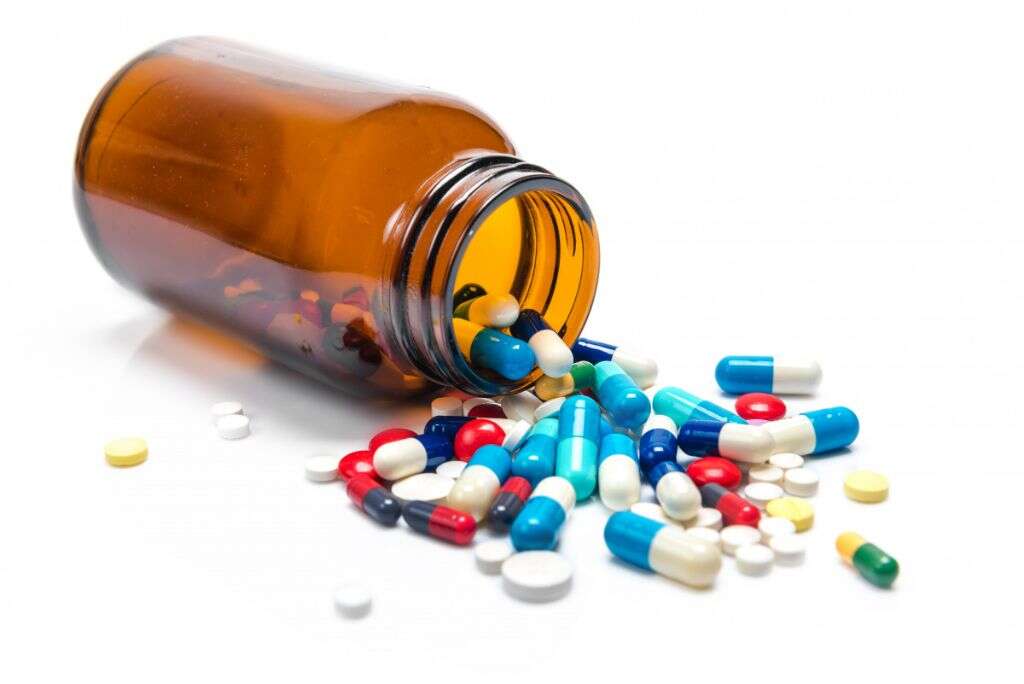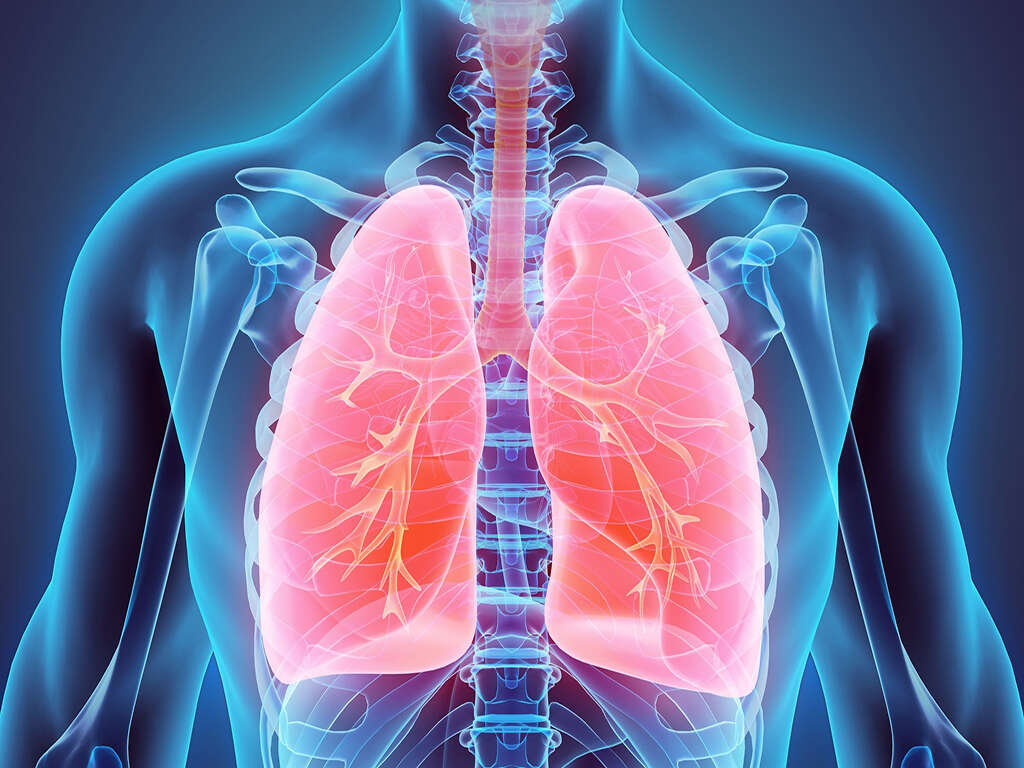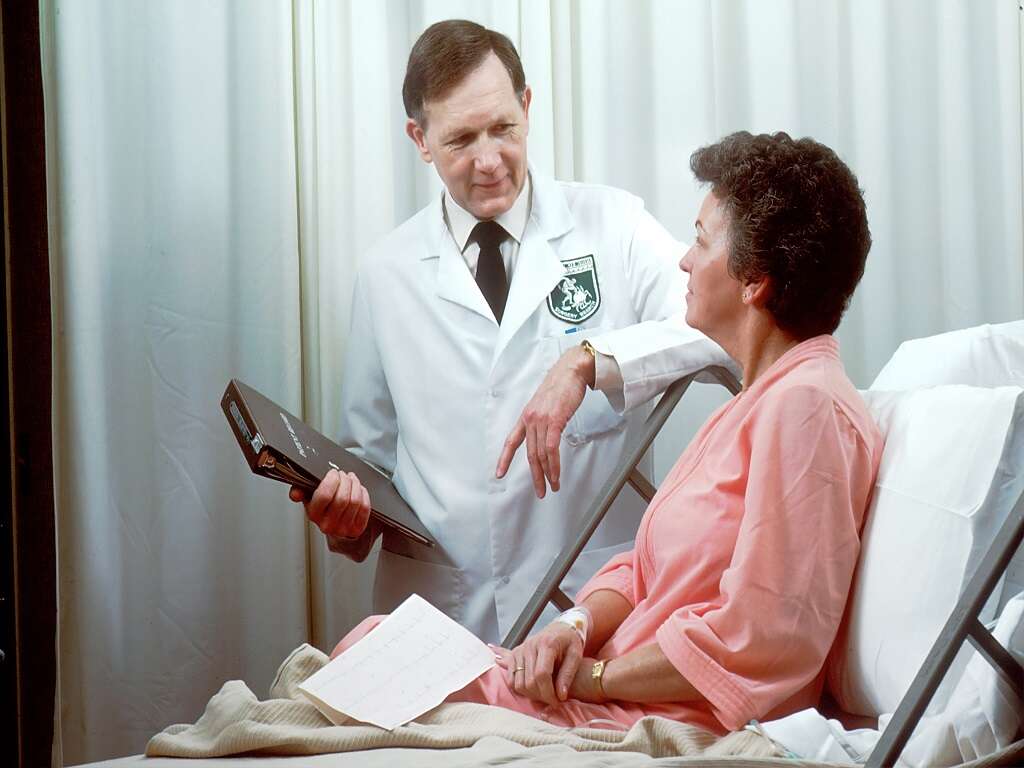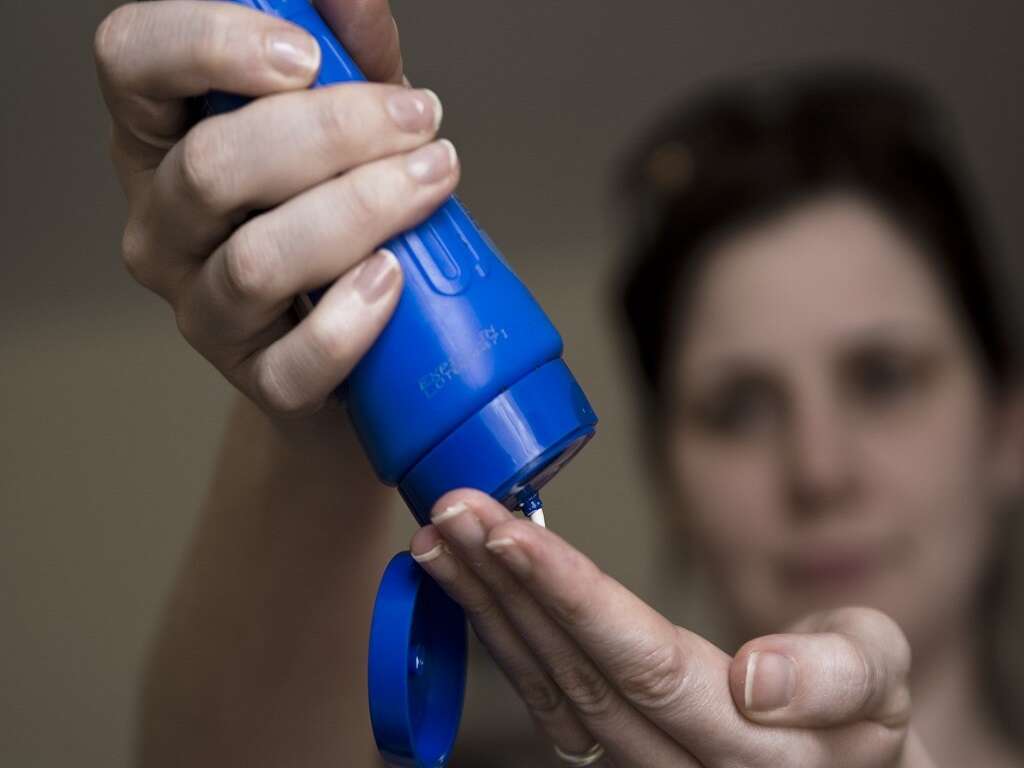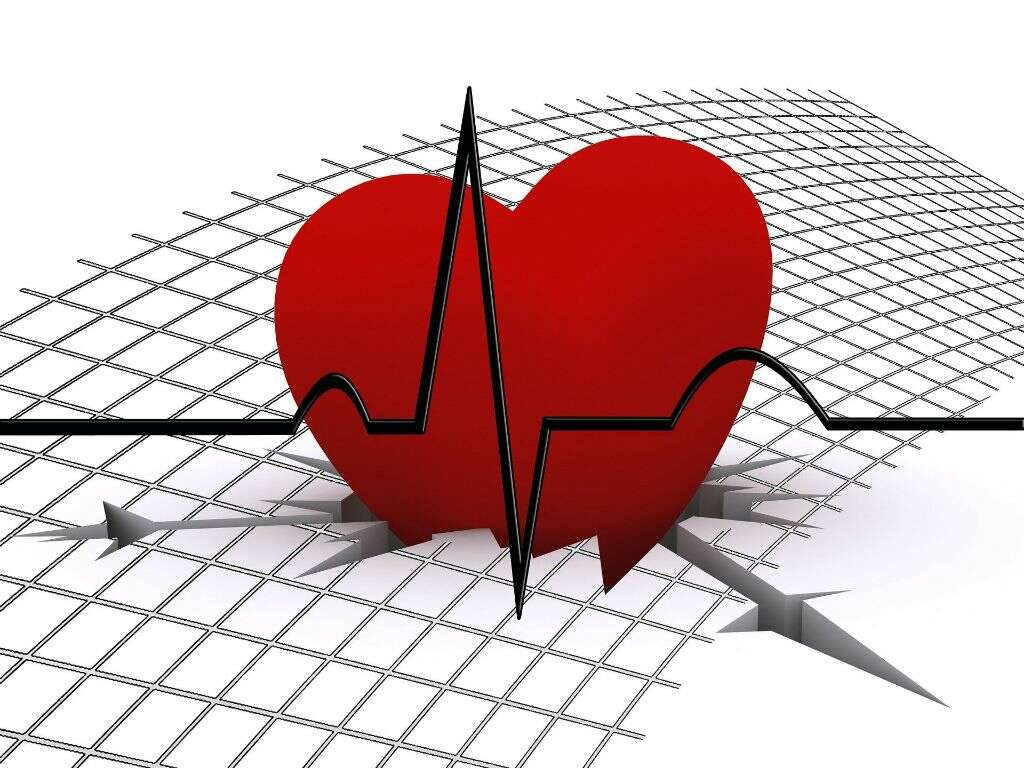What Is Angioedema?
4. What Are Some Risk Factors for Angioedema?
Repeated use of certain prescription and over-the-counter drugs, including NSAIDs, aspirin, penicillin, naproxen, ibuprofen and blood pressure medications, may increase the risk of developing the condition. These drugs are usually harmless, but they can create additional risk given their ability to thin the blood, affect the heart rate, increase or decrease blood pressure and affect the immune system.
Pre-existing medical ailments that weaken the immune system, such as hepatitis, AIDS, HIV, HPV or bacterial infection, may also increase the likelihood of angioedemic outbreak in your skin. When the body is routinely fighting ongoing infection or battling an auto-immune disorder, the risk of subcutaneous swelling may increase. A person who has had a previous angioedemic episode may be at risk for future episodes.
Advertisement
